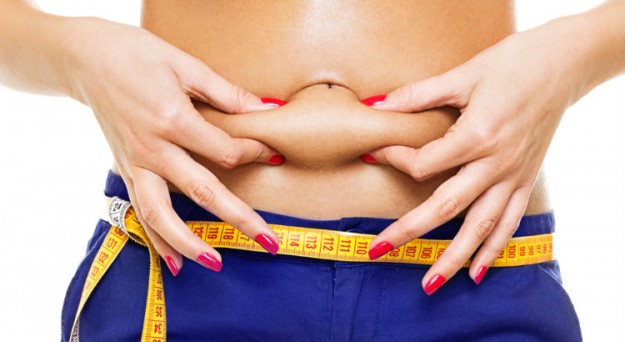Is fat good or bad for you?
mis à jour le 14 July 2015 à 18:31Fat-free this, diet that... honestly, we’ve had enough. Now it's time to get the lowdown about fat in your food.
Face it, your body needs fat to function. It supports numerous bodily functions by helping vitamins dissolve, for instance. However, fat is high in calories and a little bit actually goes a long way. So before your run out and start guzzling butter, you must understand the different types of fat in your diet.
Say no to bad fat
Let’s start with what is bad for you.
You have to pay attention to saturated fat and trans fat. Saturated fat comes from animal sources such as dairy products, meat and poultry. It raises your low-density lipoprotein (LDL) a.k.a bad cholesterol levels and makes you more susceptible to heart disease.
The trans fat in your diet mainly comes from partially hydrogenated oils, which is a chemical process that adds hydrogen to oil thus solidifying it. But during the process, the oil will become trans fat. It not only increases your bad cholesterol, it also lowers your good cholesterol levels. Yikes!
If the fat is solid at room temperature, it is bad for you. Yes, butter, lard and tallow are included.
Fat is good for you
Not all fat is created equal. Some fat can actually be good for your body. Certain types cannot be produced by the body and it can only be obtained from food sources.
Omega-3 fatty acids decrease the risk of coronary heart disease and can be found in fatty fish like salmon as well as plant sources like flaxseed and walnuts. It is also essential for proper brain development in children.
Other good fats include monounsaturated fat and polyunsaturated fat. Essentially, fat which is liquid at room temperature that comes from plants or fish.
According to the Mayo Clinic, the recommended amount of fat intake per day is about 20 to 35% of your daily calories. That includes all fat, good and bad. So, if you eat 2000 calories a day, you can eat 44g to 78g of fat, for example.
You cannot remove fat entirely from your diet, but eating it in moderation certainly is recommended.
Cheryl Lee




